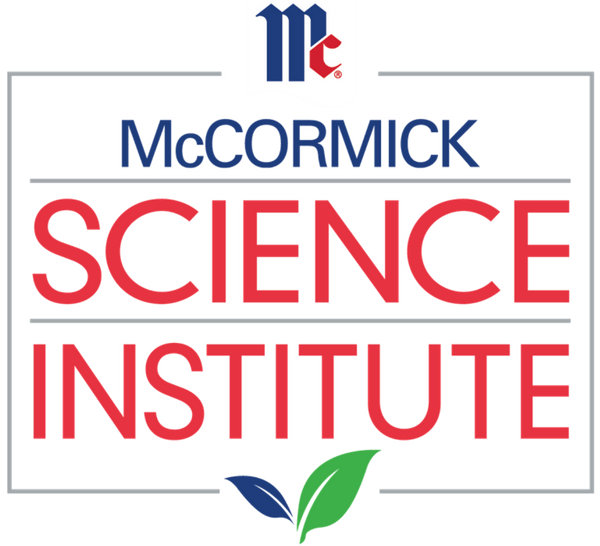November, 2024
Nutrition Education in Primary Care: Comparing Video vs Handout InterventionsHealth-Related Messages About Herbs, Spices, and Other Botanicals Appearing in Print Issues and Websites of Legacy Media: Content Analysis and Evaluation
Ann Gaba, Richard Bennett

The objectives of this study were to (1) identify the health associations of botanical products mentioned in legacy media targeted to a range of demographic groups and (2) evaluate these health associations for accuracy against published scientific studies.
Methods
In total, 10 popular magazines targeting a range of gender, race/ethnicity, and sexual orientation demographic groups were selected for analysis. Relevant content was extracted and coded over 1 year. Associations between specific botanical products and health factors were identified. For the most frequent botanical–health application associations, a PubMed search was conducted to identify reviews corresponding to each item’s indicated applications. Where no systematic reviews were available, single research studies were sought.
Results
A total of 237 unique botanical products were identified. There were 128 mentions of these in the print issues and 1215 on the websites. In total, 18 health applications were identified and used to categorize the indicated uses for the various products individually and as general categories. The most frequently mentioned applications were skin care, with 913 mentions, immunity enhancement, with 705 mentions, gastrointestinal health and probiotics, with 184 mentions, and cognitive function (stress and mental health), with 106 mentions. Comparison to published literature evaluating the efficacy of these functions identified positive support for aloe vera, argan oil, chamomile, jojoba oil, lavender, rosemary, and tea tree oil in skin care. Berries, ginger, turmeric, and green tea had the strongest evidence for a role in immunity enhancement. Ginger and oats were supported as having a role in gastrointestinal health. Finally, berries, lavender, ashwagandha, and cannabidiol were supported as having a role in managing stress. Other frequently mentioned items such as aloe vera, ashwagandha, or mushrooms for immunity were less strongly supported.
Conclusion
Comparison of the most prevalent associations between botanical products and health applications to published literature indicates that, overall, these associations were consistent with current scientific reports about the health applications of botanical products. While some products had a greater degree of research support than others, truly egregious falsehoods were absent. Therefore, legacy media may be considered a credible source of information to readers about these topics.
Reference
Gaba, A, Bennett, R. Health-Related Messages About Herbs, Spices, and Other Botanicals Appearing in Print Issues and Websites of Legacy Media: Content Analysis and Evaluation
JMIR Form Res, 8:63281. 2024.






